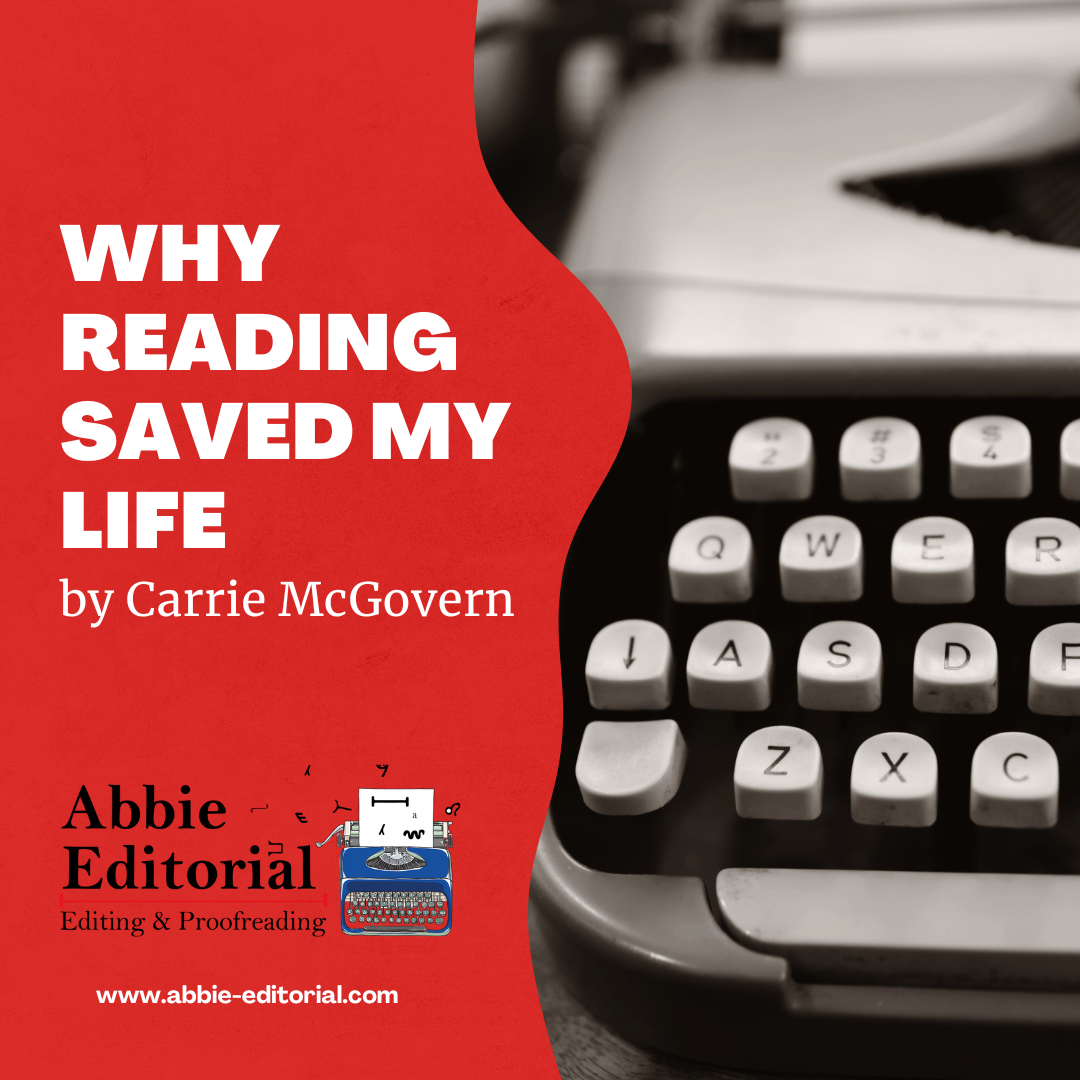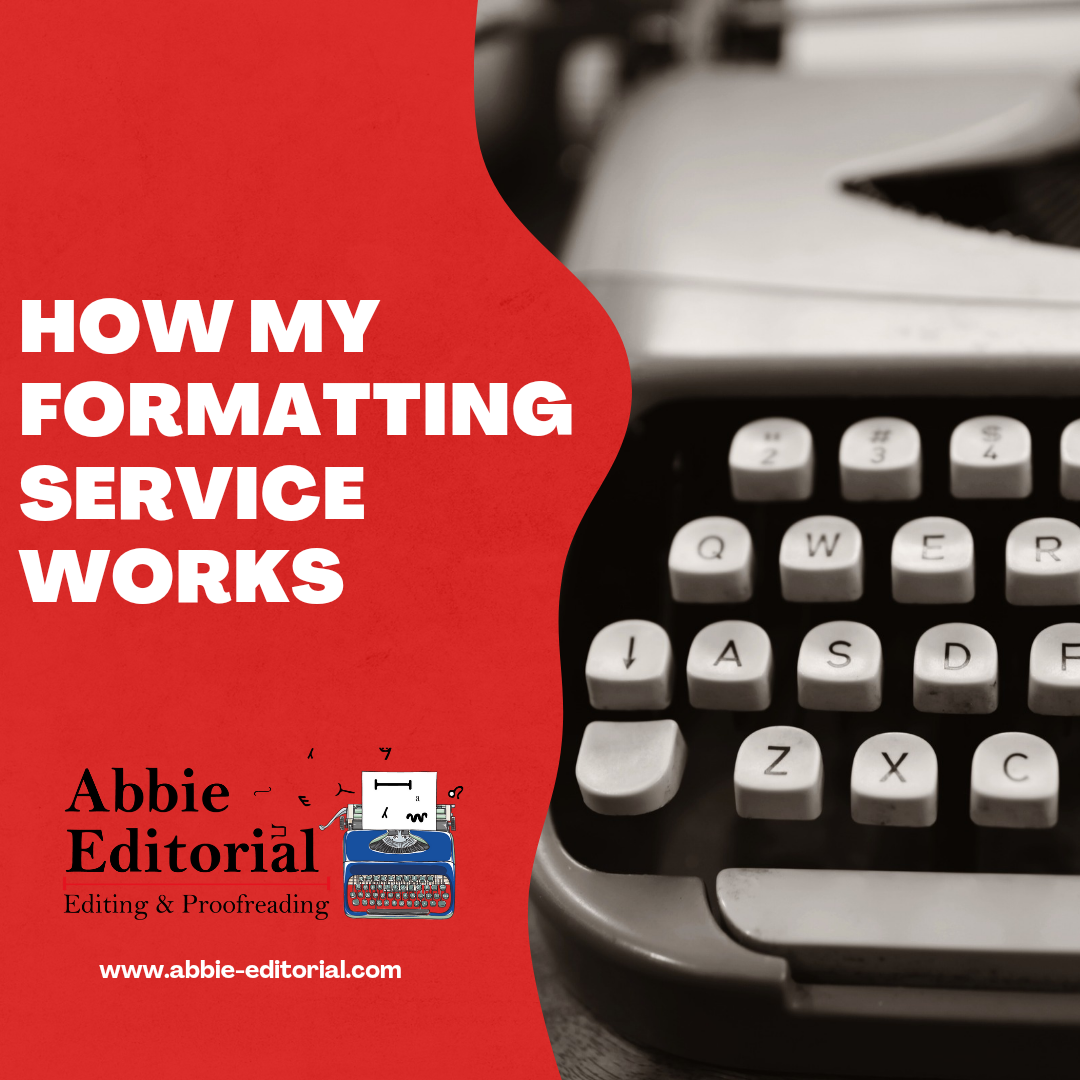How to deal with imposter syndrome

Do you have an inner critic that follows you around and tells you you’re not good enough?
Yes? I do too, and it drives me up the wall! Moving into a new year and thinking about what I want to achieve, I’ve been particularly conscious of that negative voice; considering how it affects me and what, if anything, I can do about it. It turns out this critic is actually imposter syndrome and it’s very common.
What is imposter syndrome?
Imposter syndrome isn’t a mental health condition and a more accurate term would be imposter phenomenon or imposter experience. It was first described in 1978 by psychologists Suzanne Imes and Pauline Rose Clance, who observed concerns about being outed as a fraud among the high-achieving women they counselled. However, it is now known that it affects both women and men. It seems to be common among us freelance editors, and while I haven’t discussed it with authors, I am pretty sure there will be high levels of imposter phenomenon within the writing community. The fact that writers and freelance editors tend to work in isolation doesn’t help. I also believe that the publishing industry as a whole is something many of us have grown up considering to be out of reach and impenetrable. There is a hangover effect from this, resulting in us thinking we don’t belong, no matter how welcoming and supportive the community now is.
For me, it manifests itself in a belief that I am not clever, competent or generally good enough, and that luck has been the main driver behind my career despite all of the hard work I put into it. I have a constant fear of that luck running out and being outed as an ‘imposter’, ultimately resulting in me losing everything (talk about catastrophic thinking!). If you want to explore where these anxieties stem from, a great book to read is The Imposter Cure by Dr Jessamy Hibberd.
I don’t know if it’s the same for others, but I find it really saps the enjoyment out of things. I really (really) love editing and proofreading, but those anxious feelings result in the pleasure I get from my work being suppressed. I can have a great week, but that sod of a voice reminding me of the ways I might have failed will always raise its head. The overriding worry about not being good enough has prevented me from trying to reach certain goals, but I am now determined to rebel and pay less attention to it.
Can imposter syndrome be positive?
I guess in some ways it may be better to have imposter syndrome than be over-confident bordering on arrogant. I regard professional development as important for my career and believe that we always have something to learn, but I think those qualities would still be present without the inner critic. It would also be nice not to have the constant nagging doubt and the anxiety that brings.
Things that have helped me calm my inner critic
- Remembering that the majority of us feel like this at some point – yes, even the CEOs of successful multinational companies
- Accepting that I am not perfect and never will be – every human being on the planet has made a mistake at some point in their life
- Acknowledging that failure happens to us all on occasion, it is a normal part of being human and nothing to be ashamed of
- Keeping a file of positive reviews and comments to look at when the self-doubt really starts to take over
- Getting away from my desk, and out of my head, for a bit during the working day even if it’s only for ten minutes
- Giving that voice a silly name and telling it to f**k off
- Not comparing myself to others. As Roosevelt said, ‘Comparison is the thief of joy.’
I hope these help a little bit. I would love to know what strategies you use to deal with imposter syndrome if you suffer from it, and I hope you will join me in rebelling against the inner critic.










